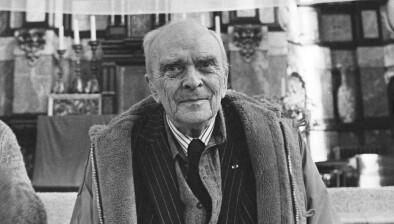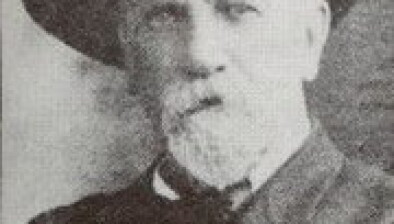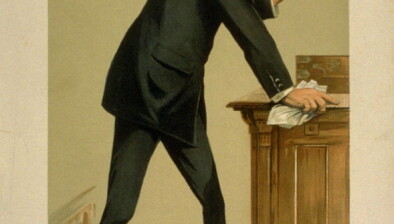Irish Legal Heritage: Religious equality in the Government of Ireland Act 1920

David Lloyd George
On the centenary of the Government of Ireland Act 1920, this piece of legislation will be recalled for effecting the partition of Ireland into Northern Ireland and Southern Ireland. What may be overlooked is that David Lloyd George’s Government of Ireland Act 1920 included a subsection which prohibited laws “interfering with religious equality”.
An important provision in legislation which would create two jurisdictions based on religious majorities, the prohibition of discrimination on grounds of religion was a necessary caveat for the new minorities on either side of the border. The section stated the following:
“…neither the Parliament of Southern Ireland nor the Parliament of Northern Ireland shall make a law so as either directly or indirectly to establish or endow any religion, or prohibit or restrict the free exercise thereof, or give a preference, privilege or advantage, or impose any disability or disadvantage, on account of religious or ecclesiastical status, or make any religious belief or religious ceremony a condition of the validity of any marriage, or affect prejudicially the right of any child to attend a school receiving public money without attending the religious instruction at that school, or alter the constitution of any religious body except where the alteration is approved on behalf of the religious body by the governing body thereof, or divert from any religious denomination the fabric of cathedral churches, or, except for the purpose of roads, railways, lighting, water, or drainage works, or other works of public utility upon payment of compensation, any other property, or take any property without compensation”.
The provision stated that any law made in contravention of the foregoing would be “void” and that any existing enactment would cease to have effect in Ireland.
History teaches us that equality provisions like subsection 5 of the Government of Ireland Act 1920 tend to have very little impact without robust enforcement mechanisms – indeed this is an ongoing source of frustration for those who engage with the human rights treaties emanating from the United Nations.
Unfortunately, the religious equality provision in the Government of Ireland Act 1920 was a dead letter from the outset, because it did not prevent the discriminatory practices afflicted on religious minorities that inspired the Northern Ireland civil rights movement.










